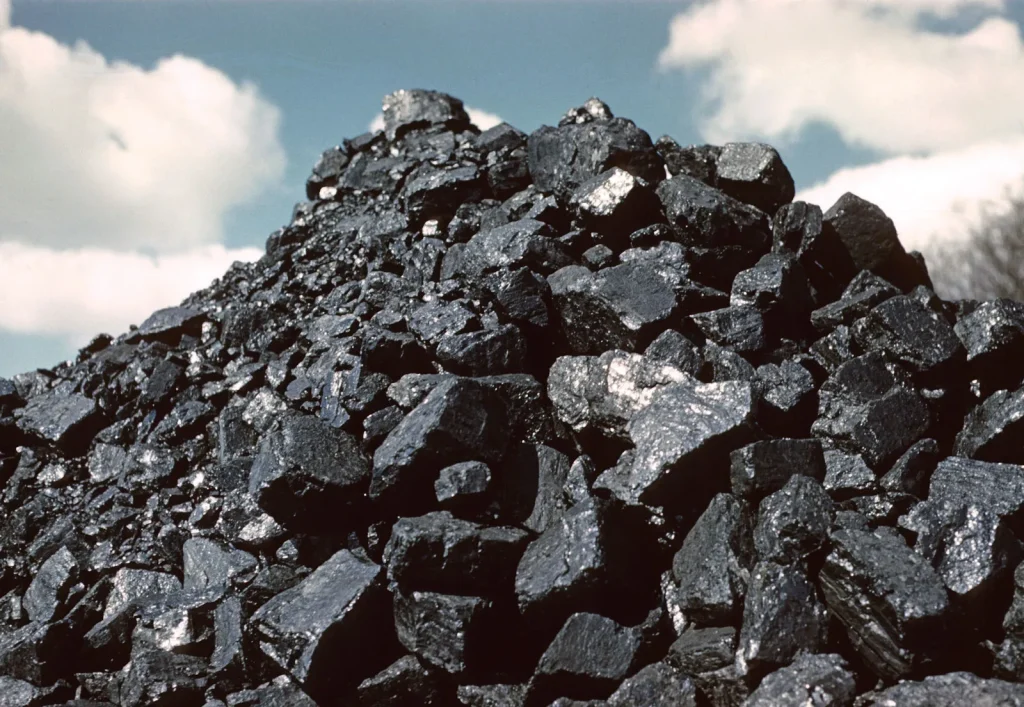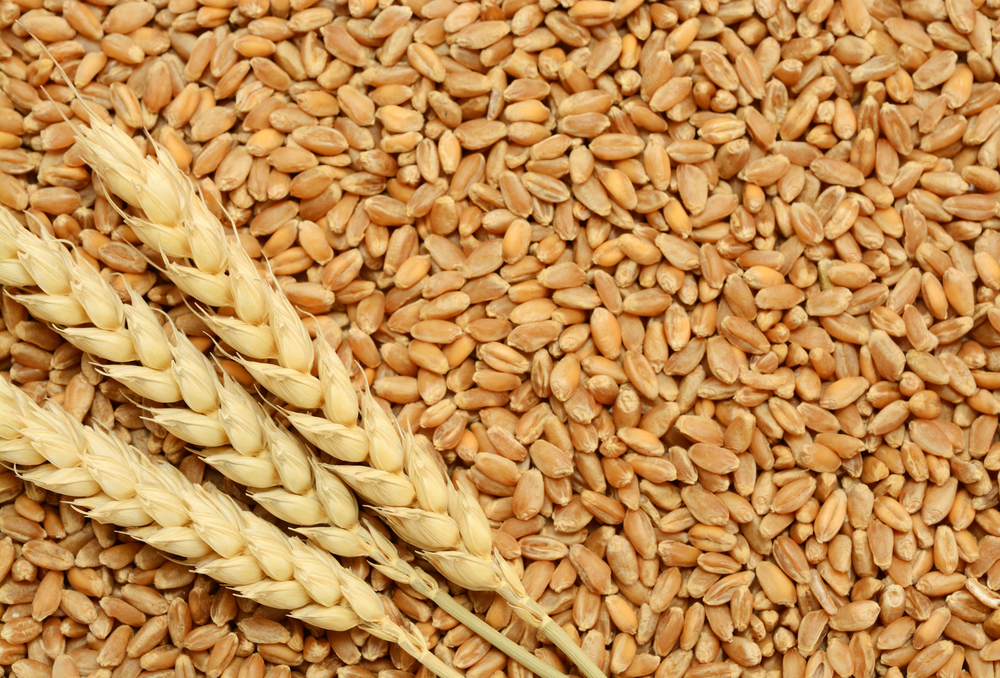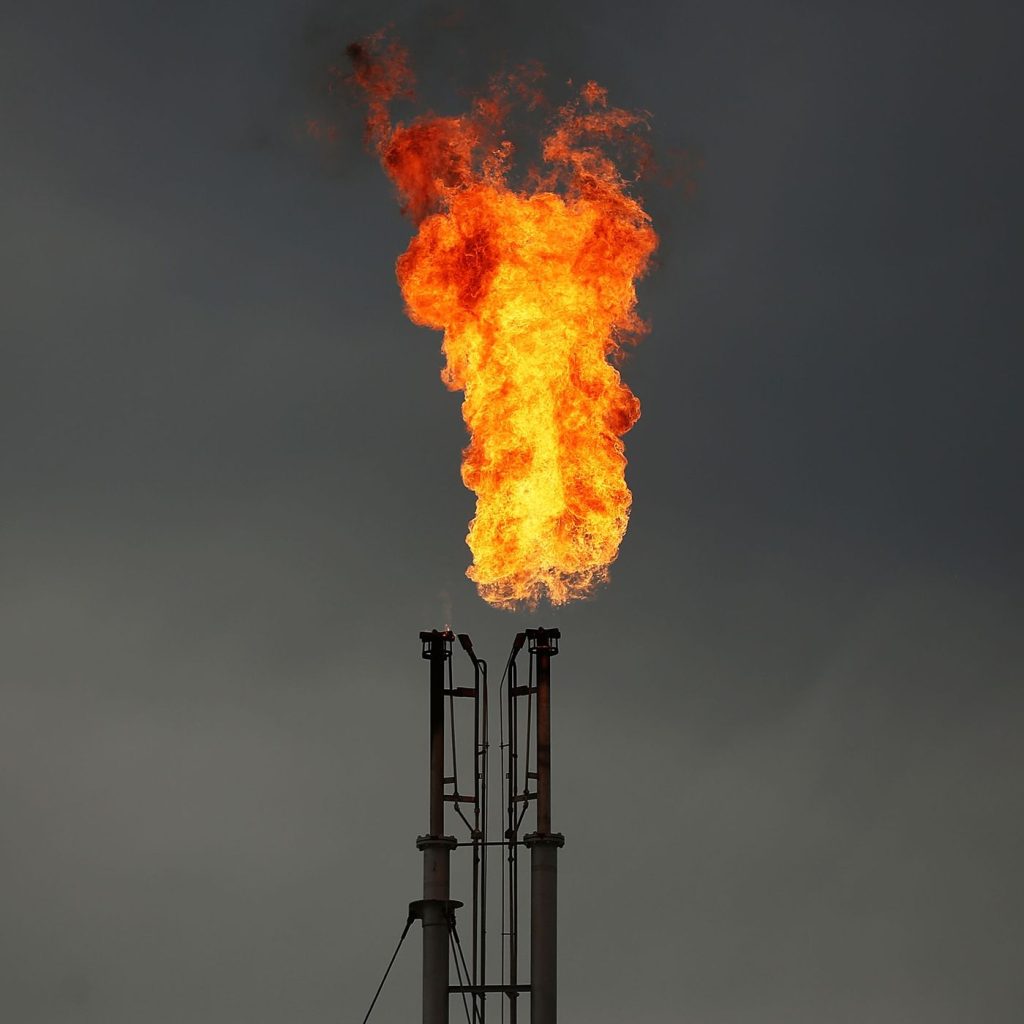Fertilizer production increased by 16.6%
(JUNE 12, 2024) The Fertilizer production witnessed an increase of 16.6 percent to 7,171 thousand tones during the first nine months of the fiscal year 2024 as compared to the production of last year. According to the Economic Survey 2023-24, there are ten urea manufacturing plants, one DAP, two Nitro Phos, four SSP (out of […]
Fertilizer production increased by 16.6% Read More »










